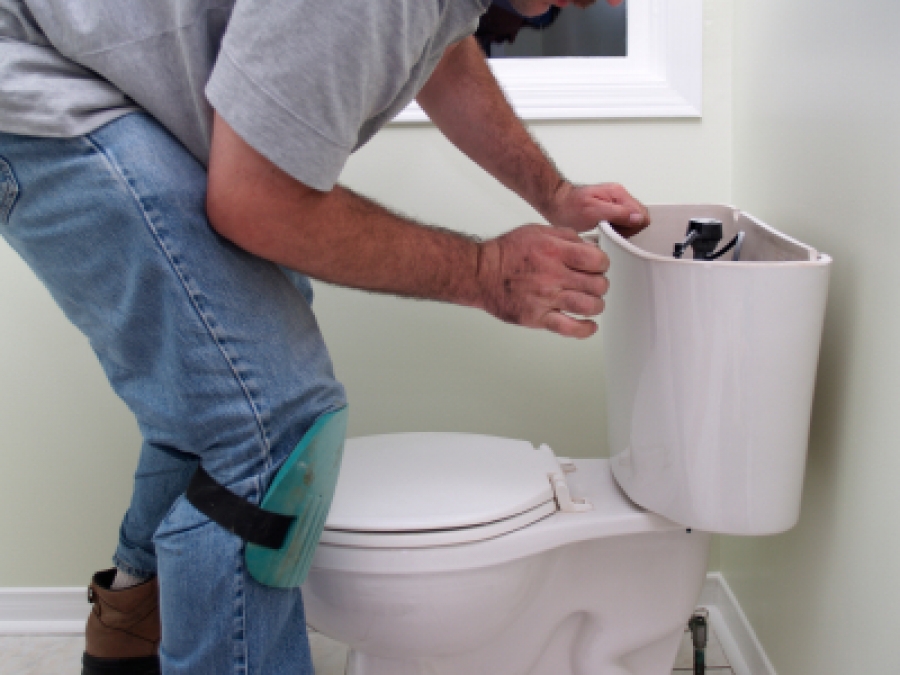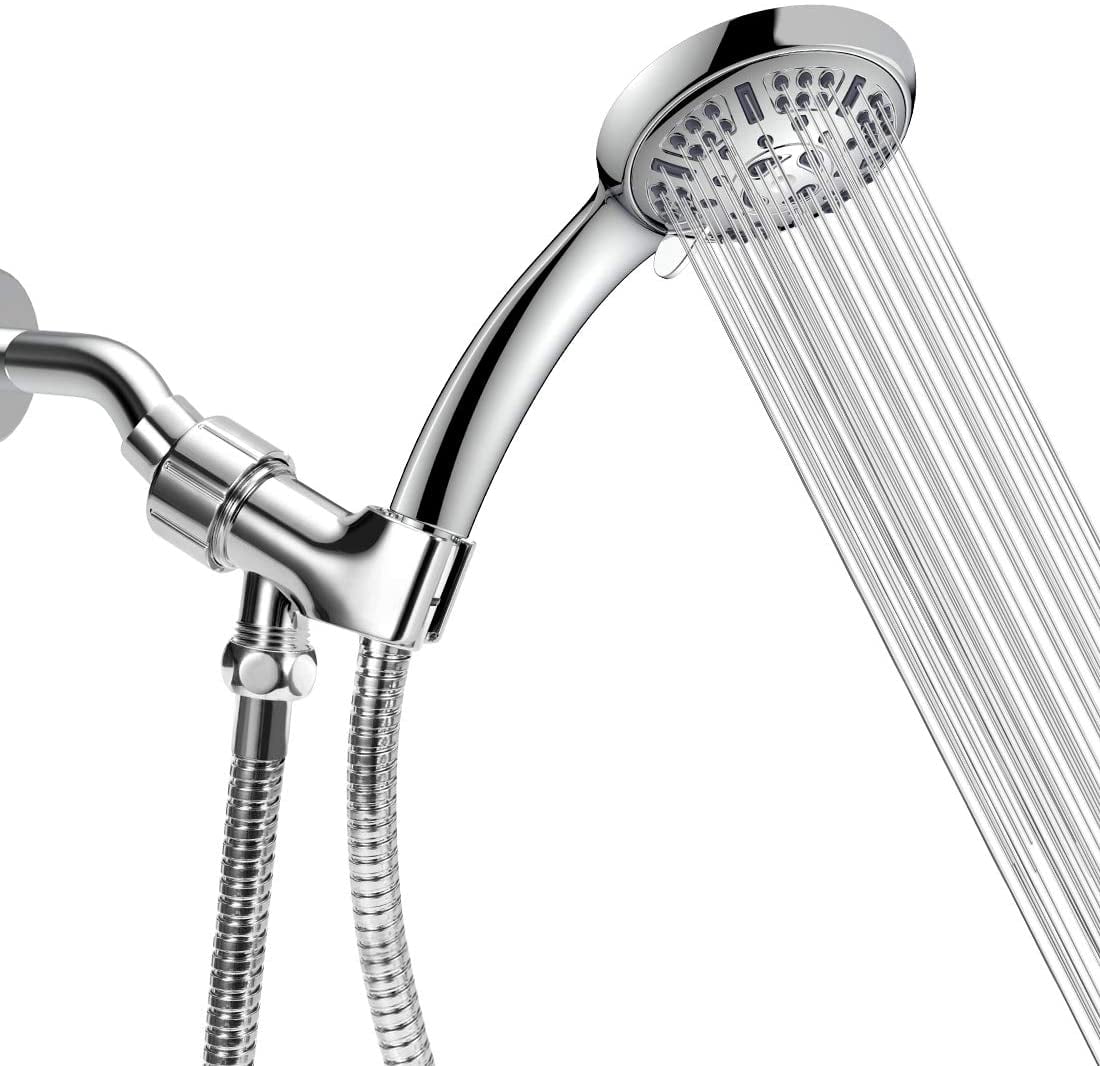5 Persistent Water Leak Factors
5 Persistent Water Leak Factors
Blog Article
The content below involving How to Find and Prevent Water Leaks in Your Home is pretty much entertaining. Don't overlook it.

"Beware of little costs. A tiny leak will sink an excellent ship." - Benjamin Franklin.
He couldn't have been much more appropriate because water leaks in our houses result in a waste of sources, increasing our water bills. This rise could seem minimal at first, it can lead to considerable expenditures that can damage your bank. Aside from a rise in bills, water leaks likewise create undesirable organic development, architectural damage, and also even electric threats.
If you have a water leakage isn't constantly simple due to being unable to see most of the pipework in your residence, figuring out. If you have had an increase in your water bills recently, saw water stains on ceilings and also wall surfaces, smelt poor odor, and so on. You could intend to consider asking for plumbing services to get it had a look at.
There are several reasons for water leaks, and we have actually assembled the typical reasons listed below. Inspect to see if you have had associated concerns in your house just recently.
Blocked drains
Food fragments, dust, and also oil can cause blocked drains pipes as well as obstruct the passage of water in and out of your sink. If undealt with, enhanced stress within the gutters can cause an overflow and end up fracturing or rupturing pipes. To avoid clogged up drains pipes in your home, we advise you to stay clear of pouring particles away and routine cleansing of sinks.
High water stress
You discovered your home water pressure is more than normal but then, why should you care? It's out of your control.
It would certainly be best if you cared since your ordinary water pressure must be 60 Psi (per square inch) and also although your house's plumbing system is designed to withstand 80 Psi. A boost in water pressure can put a stress on your house pipelines as well as lead to cracks, or even worse, ruptured pipelines. If you ever before discover that your house water pressure is higher than normal, connect with a professional about managing it.
Corrosion
As your pipework ages, it obtains weaker as well as much more vulnerable to corrosion after the constant flow of water via them, which can gnaw at pipes and also cause cracks. A noticeable indication of corrosion in your house plumbing system is staining and also although this might be tough to find due to the majority of pipes hidden away. Once they are old to ensure a sound plumbing system, we recommend doing a frequent check-up every few years and change pipes
Compromised pipe joints
Pipeline joints are the parts of our plumbing system where the pipes link. It is essential to note that also though pipes are made to hold up against stress and last for a while, they weren't designed to last forever; consequently, they would certainly degrade over time. A common indicator of harmed pipeline joints is too much sound from faucets.
Busted seals
One more root cause of water leakages in homes is broken seals of house appliances that use water, e.g., a dishwashing machine. When such home appliances are mounted, seals are set up around water adapters for very easy flow of water with the equipment. A busted seal can create leakage of water when in use.
With little or no expertise of plumbing, recognizing your house's plumbing system adequate to repair some of these concerns (without consequence) can be an inconvenience. Get in touch with plumbing specialists in Pittsburgh, Providence, Rochester, and environ today, and they'll make those problems vanish.
He couldn't have been more best due to the fact that water leakages in our homes result in a waste of sources, boosting our water costs. If you have had a rise in your water expenses recently, discovered water spots on wall surfaces and ceilings, smelt poor smell, and so on. A boost in water pressure can put a strain on your home pipelines as well as lead to splits, or even worse, ruptured pipelines. Another reason of water leakages in houses is broken seals of house devices that make use of water, e.g., a dishwasher. When such home appliances are mounted, seals are mounted around water adapters for very easy passage of water with the device.
5 TIPS IN DETECTING A WATER LEAK IN YOUR HOUSE
Water leaks can be hard to find in your home, yet they can be so common. We rely on water every day in our home, which is why a leak can cause big problems. By detecting them early, you can save money and further damage, getting the problem fixed as soon as possible. Here are 5 tips to help you detect a water leak in your home, so you can contact a plumber straight away and get the issue sorted.
Check your water meter
Many people underestimate the value of the water meter in their home. It can be one of the best ways to tell if you have a leak early on, so you can get on top of it before issues start arising. Start by turning off all the water in your home: taps, washing machine, dishwasher, etc. Now take a look at the meter – if it’s still changing with everything turned off, it’s likely you have a fast-flowing leak that you need to get on top of straight away. If nothing changes, then leave your meter for an hour or two and come back to it. Did it change in this time? It’s likely you have a slower leak, which isn’t as urgent but still handy to get fixed so it doesn’t become a bigger problem.
Keep an eye on your bill
Another good way to detect a leak in your home is by keeping an eye on your water bill. It helps if you have a past bill from the same period of time. You can compare like for like and determine whether your water usage has increased significantly. If it has, there may be a leak in your system that you haven’t picked up before. A professional plumber can check through all of your pipes and determine where it is coming from.
Look for damage
If you have a leak inside your home, you will notice damage over time. Take a look at your showers and bathtubs and note whether any of the tiles surrounding the area seem to be discoloured or damaged in any way. There may be water stains, mould or peeling material that has resulted from a build up of moisture over time. Make sure you take a look under sinks at the back of cupboards that don’t get accessed regularly. This is where damage can go unnoticed and build up over periods of time.

We were shown that editorial on Common Causes of Water Leaks in the Home from an associate on a different blog. Sharing is good. Helping others is fun. Thanks for your time invested reading it.
Protect your home, dial! Report this page